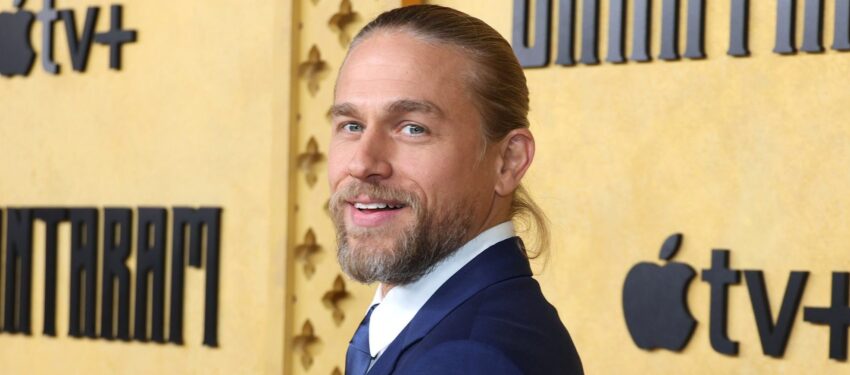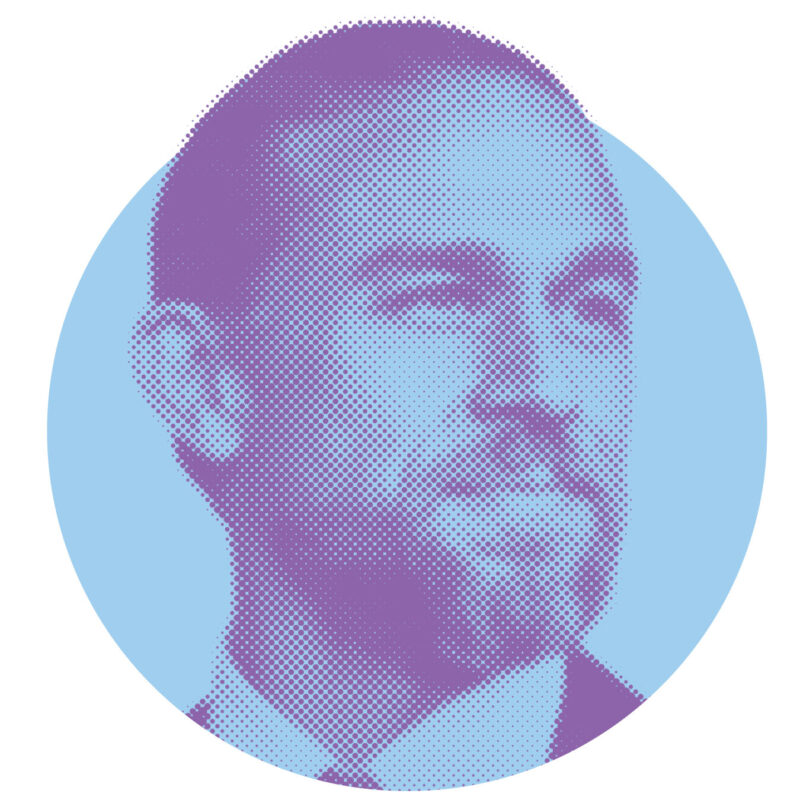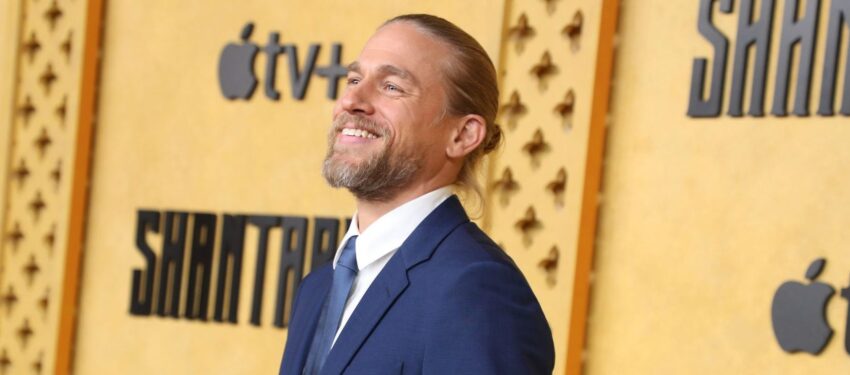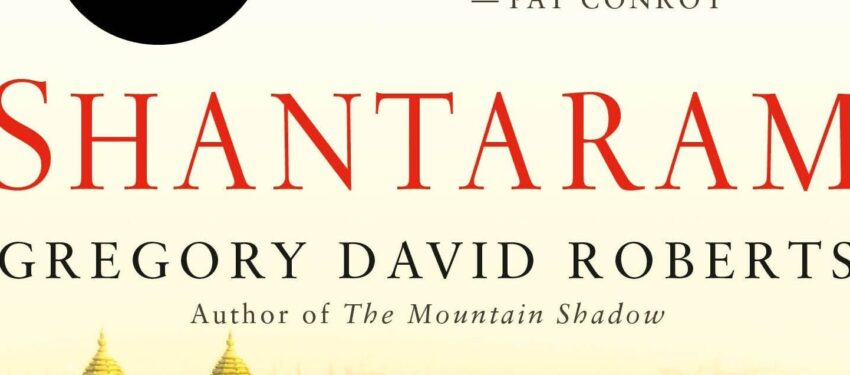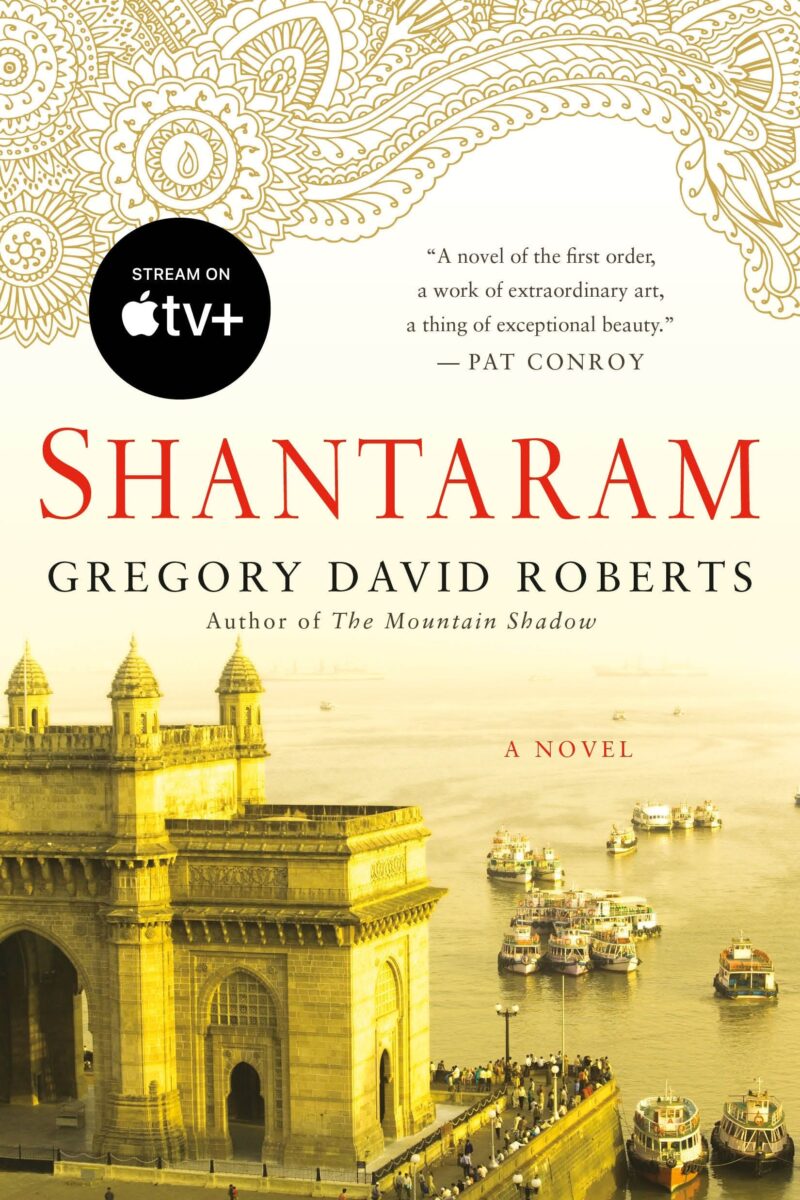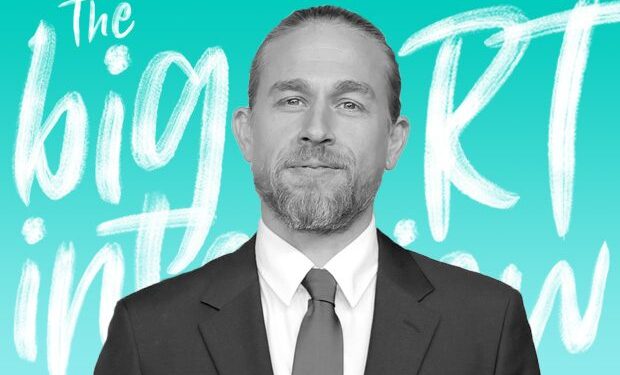EW.com — Charlie Hunnam wants to know what happens to his character Lin Ford after Shantaram’s brutal season 1 finale cliffhanger just as much as you do. But it might be a while until we find out what happens next, because the star/producer of Apple TV+’s drama doesn’t have any news to share on whether or not the adaptation of Gregory David Roberts’ 2003 international best-selling novel will return for a second season (Shantaram was canceled after this interview was conducted).
“It’s unlike working for a traditional network which I’d been used to doing, where there was some sort of indication of if anyone was watching the show or not — it’s not how streaming platforms work — so it’s a little bit bittersweet in that season 1 is coming to an end,” Hunnam tells EW. “Out on the streets, I get a sense that people are enjoying it and watching it, and creatively for me, it feels satisfying that we actually managed to get to the finish line and now all of the episodes have aired and I just hope people actually enjoyed it.”
The season 1 finale almost ended with Lin getting his happy ending with Karla (Antonia Desplat) after surviving the bloody gang war and evading Nightingale (David Field). They planned to leave the city together after finally confessing their love for each other, but when Lin arrived at the train station to meet up with Karla, he was caught and taken to a dark cell. The finale closes on a shot of Lin being violently beaten while tied up in the cell as Karla cries on the train, thinking Lin changed his mind and didn’t want to leave with her.
Below, Hunnam breaks down that tragic finale ending and more.
ENTERTAINMENT WEEKLY: What have you thought about the response to the show now that all the episodes are out?
CHARLIE HUNNAM: People seem to have really appreciated that it felt grounded and quite authentic. The hope was, for those people who’ve not been lucky enough to experience Asia and India in particular, that they felt like they were transported and had an opportunity to feel that environment and the beauty of that part of the world. That’s been really, really satisfying. And as the season has gone along and built up the question of what will happen between Lin and Karla, that’s been really satisfying — it seems as though people got quite excited and invested in that relationship.
And then, of course, what I already knew would happen is that Shubham [Saraf], who plays Prabhu, just has been getting an unbelievably positive response. He’s my really good pal and I felt so grateful and excited to have him in the show and be such a partner in crime with him. I have just been delighted that he’s been getting such a positive response. We really, really loved each other. We got on so well and deeply connected.
The finale ends with Lin captured as Karla leaves without him, unaware he was caught at the station just a few feet away from her. Why end the season there?
I had a really wonderful, deep collaboration with Steve Lightfoot, our showrunner. That was really his decision, but thankfully he was very eager to get my insights in how I felt about some of the decisions he was making. We both knew the novel so well and we talked a lot about allowing the novel to dictate the moves that we were making. The point that we reached by the end of the first season, it just felt, the more we read it and discussed it, like the obvious point to end this chapter of the story. Lin going from incarceration to, presumably, back into incarceration felt like a very elegant arc for the first season and hopefully a fairly dynamic point to start the second season, if I’m lucky enough to go back for a second season.
How does coming so close to getting a happy ending with Karla before it gets ripped away affect Lin going into a second season?
This is no indication of decisions that have been made, but my sense is that, through the course of the first season, Lin goes from being a fairly normal, average person who’s at the mercy of the forces around him. Though he has a sense of who he is, it’s not like a classic hero on a hero’s journey where he’s full of agency and a sense of conviction of what he wants with his life. He’s more leaf in the wind being blown this way and that. My sense is, by the end of season 1, he is no longer willing to be just completely vulnerable to the forces around him, that instead he is going to march to the beat of his own drum and decide that the chips fall where they may.
There’s a moment at the very, very end where the camera’s pretty close to Lin and you get the sense that, although he’s tied up and being beaten, he is still owning his space and refusing to bow down to the circumstances that he finds himself in. Moving forward, hopefully we allow Lin to have a much greater sense of conviction and agency over the trajectory of his life.
I think it’d be very exciting to explore Lin coming to the dark side, that idea that you’ve got to go through the dark to get to the light. That’s my hope for this, that he will go to hell so, ultimately, he can go to heaven. Continue reading Press/Interview: Charlie Hunnam breaks down that tragic ‘Shantaram’ finale


